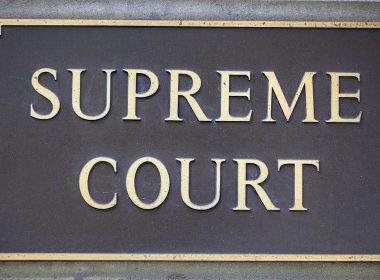Snapshot
- In Trkulja v Google LLC [2018] HCA 25, the High Court held that the Victorian Court of Appeal had erred in summarily dismissing a defamation claim against Google over search results which allegedly conveyed the imputation that the plaintiff was a member of the Melbourne criminal underworld.
- The High Court did not determine whether Google would necessarily be regarded as a publisher for the purposes of defamation law, or whether search engine results are necessarily capable of being defamatory.
- The judgment suggests that the challenge which new communication technologies pose for defamation law may be better resolved by adapting existing general principles than by the creation of special rules for specific technologies.
The High Court’s judgment in Trkulja v Google LLC [2018] HCA 25 has already stirred considerable media interest. An article in The Australian Financial Review on 14 June 2018 suggested that the decision would clear the way for ‘a conga line of litigants’ to sue Google, while a piece in The Conversation the next day labelled it the High Court’s ‘most important defamation judgment in years’. Both articles questioned whether reform was needed to establish ‘safe harbours’ to shield internet intermediaries like Google from liability.
Concerns about the impact of the judgment and calls for law reform, however, are both premature. What Trkulja really exposes is the need for legal practitioners who act for and against search engine providers to consider the evidence about how these platforms operate, and how it fits within the existing categories of defamation law.



